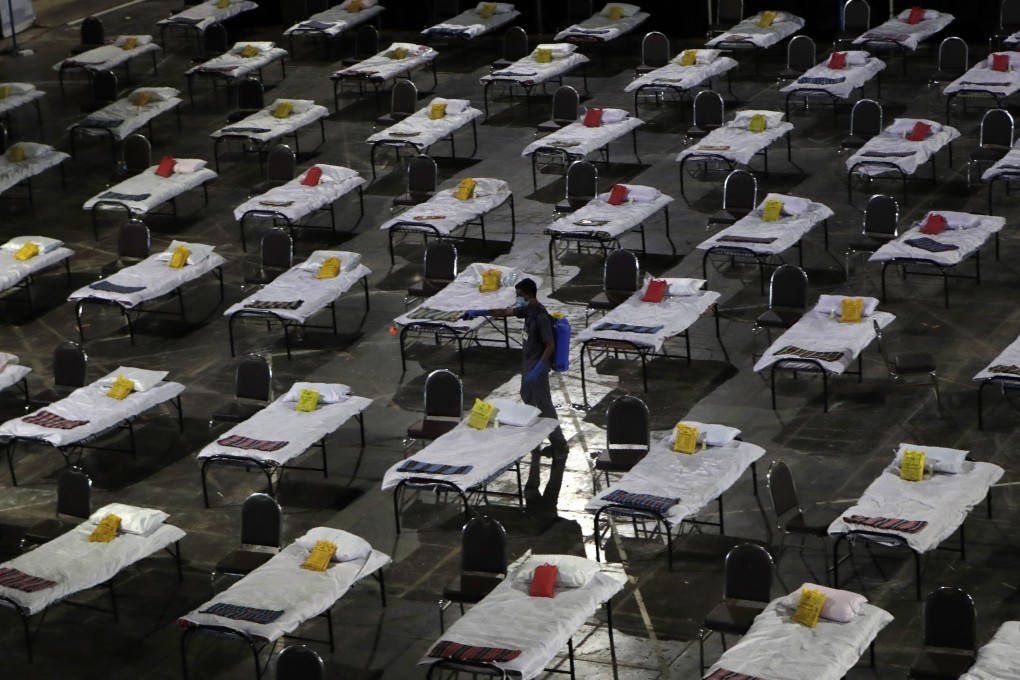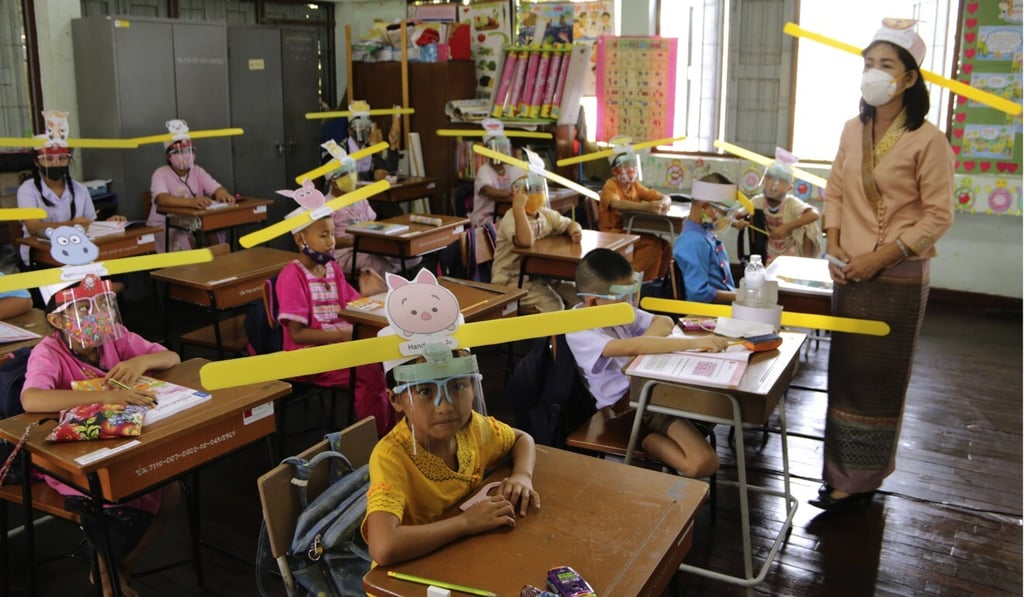Advertisement
From Covid-19 to the South China Sea, here are 10 stories that rocked Asia in 2020
- Whether it was the globe-stopping pandemic, bloody battles in the Himalayas or the formation of the world’s largest trading bloc, a lot has happened this year
- And that’s before we even get into the events you might have missed. Read on for our picks of the most significant stories in Asia
Reading Time:10 minutes
Why you can trust SCMP

It certainly has been an eventful year. Not only did 2020 usher in a world-stopping pandemic that has killed more than 1 million people globally and upended international travel, it also tested Asia geopolitically, with tensions in some areas reaching record highs while in others potentially game-changing trade pacts have been carved out. And that’s not to mention the events you might have missed. Here are 10 of our picks for the region’s most significant stories of the year.
ASIA’S COVID-19 RESPONSE
From Thailand to Taiwan, governments across Asia have responded to this year’s coronavirus pandemic in ways that were at once more effective and better organised than many of their Western counterparts.
Vietnam, with its strict quarantine measures and extensive contact tracing, crushed its first wave of infections in April and went nearly 100 days without any local transmission. Taiwan went further, managing a record 200 days without any local cases and recording fewer than 1,000 infections in total, so far. In both places, economic activity has not suffered as much as it did in those areas that were forced into repeated, damaging lockdowns.
As the worst-hit country in the world, the United States’ experience of the pandemic stands in stark contrast to Asia’s. Infections and hospitalisations both hit record highs in the country this December, as health authorities reported more than 200,000 new cases every day. Britain, too, saw a huge autumn spike in case numbers, with the government ushering in a second national lockdown in November as daily infections peaked around the 30,000 mark.
Advertisement
Michael Baker, a professor of public health at the University of Otago in Wellington, said much of this disparity in experience stemmed from differences in approach.

Advertisement
Asia-Pacific countries such as China and New Zealand have largely aimed to eliminate the virus by reducing community transmission to zero, resulting in lower mortality rates and a more rapid economic recovery. Most European and North American countries, however, have followed their influenza pandemic plans, which are aimed at mitigating or suppressing but not eliminating transmission, Baker said.
“Consequently these countries have to live with Covid-19, which is proving costly in health and economic terms,” he added, noting that the arrival of vaccines would make the pandemic more manageable, and that the outlook for Asia was “relatively positive compared with much of the world”.
Advertisement
Select Voice
Select Speed
1.00x